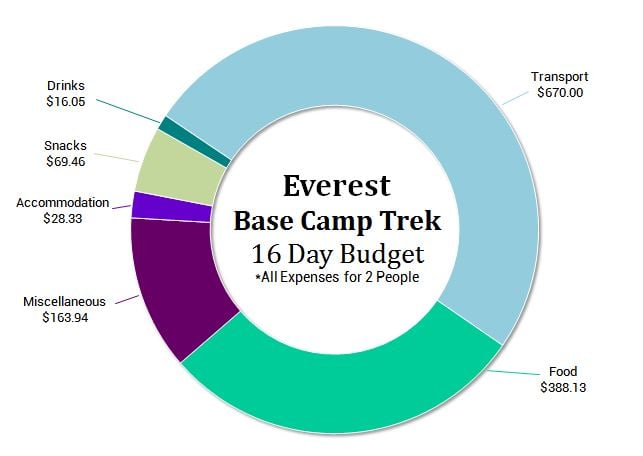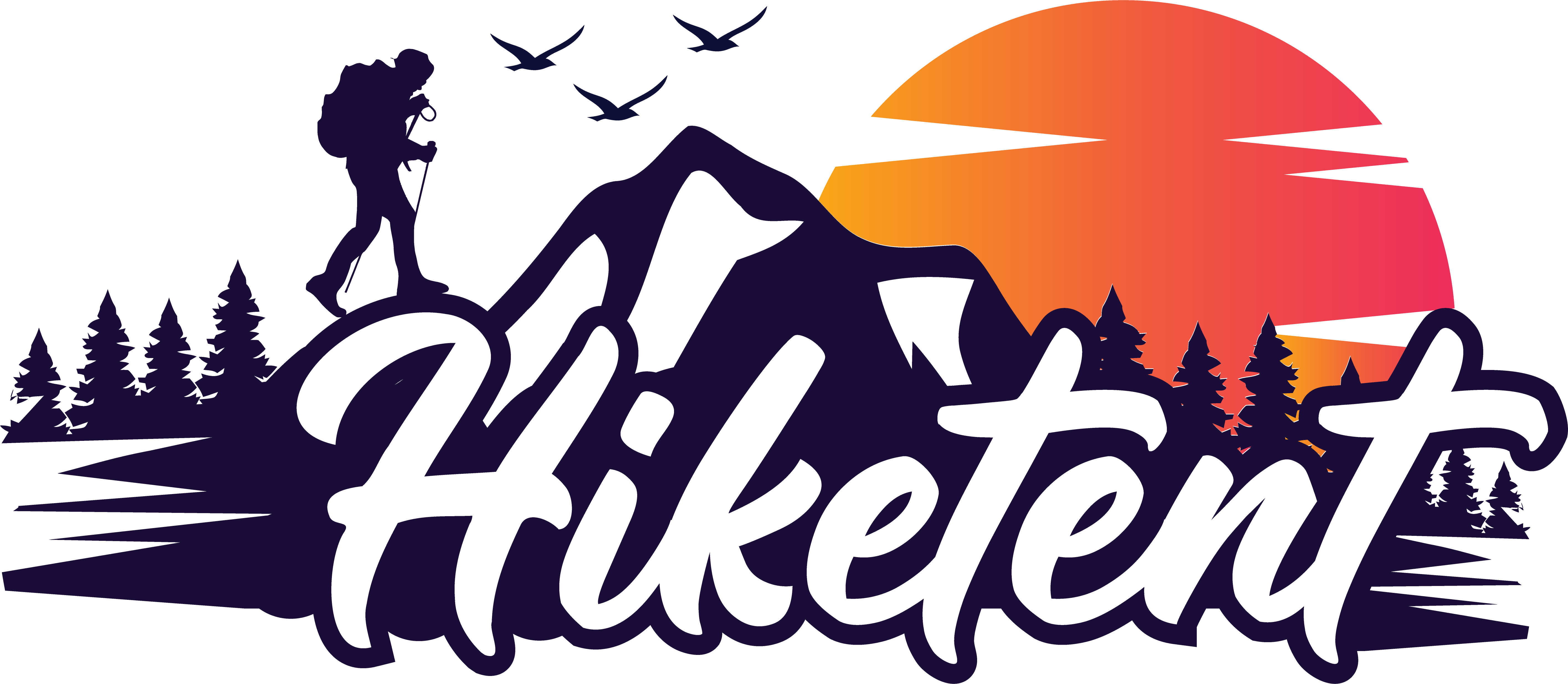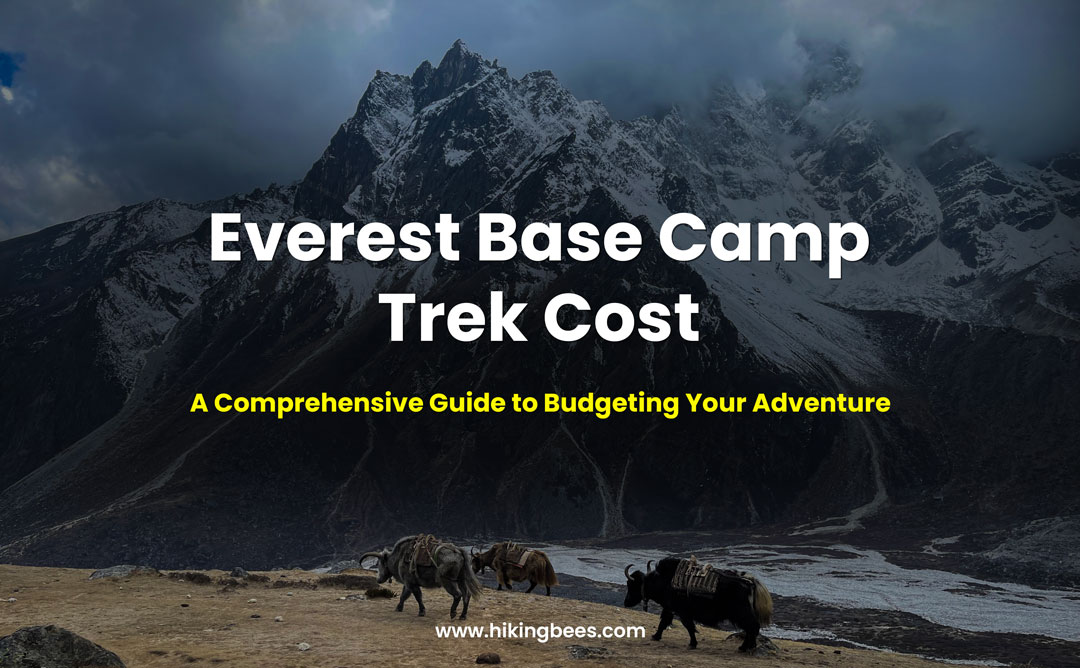Trekking to Everest Base Camp Cost typically ranges from $1,000 to $3,000. This price often includes permits, guides, porters, and basic accommodations.
Trekking to the iconic Everest Base Camp is an adventure of a lifetime that draws thousands of hikers each year. The journey offers breathtaking views, a chance to experience Sherpa culture, and the ultimate thrill of reaching the world’s highest peak base.
As adventurers plan their trek, cost becomes a crucial factor to consider. Budgeting for all necessary inclusions, such as food, lodging, and transportation, is essential to ensure a seamless and enjoyable expedition. Remember that additional expenses, such as tips for guides and porters, extra gear, or unforeseen delays, could affect your total outlay.
Trekking To Everest Base Camp: The Financial Essentials
Dreaming of Everest? Understanding the cost is key.
Before setting foot on the trail, know what expenses to expect.
Ready for an adventure of a lifetime? Let’s break down the costs.
Estimated Cost Breakdown
Every trekker needs a budget. Here’s what you should factor in:
| Expense | Estimated Cost (USD) |
|---|---|
| Permits | 50 – 100 |
| Guide and Porter | 25 – 35 per day |
| Accommodation | 5 – 20 per night |
| Food | 20 – 50 per day |
| Flights to Lukla | 180 – 360 round trip |
| Gear | 100 – 300 |
| Insurance | 100 – 200 |
Costs vary by season and personal preferences.
Total it up, and you’re looking at roughly 1000 – 1500 USD for a basic trek.
Hidden Expenses On The Trail
- Charging gadgets – 2-5 USD per hour
- Hot showers – around 4-10 USD
- Bottled water – 1-3 USD per bottle
- Snacks and extra meals – they add up
- Wi-Fi – not free up high, each use costs
- Tips for guide and porter – a must-do for great service
Keep extra cash handy.
Unplanned costs may arise.
Your EBC trek should be memorable and hassle-free.
Mapping Your Budget: Pre-trip Expenses
Pre-trip expenses can make a big difference in your overall cost. These include training, gear, travel, insurance, and permits. Let’s dive into these areas to get a clear picture of what you’ll need to invest before your adventure begins.
Training And Preparation Costs
To enjoy your trek, being in good shape is crucial. You might consider a gym membership or hiring a personal trainer. This can help you prepare your body for the rigorous journey ahead.
- Gym Membership: Varies by location and services
- Personal Trainer: Typically costs between $30 to $100 per session
- Trekking Gear: Good quality boots, clothing, and equipment can be pricey but necessary for safety and comfort
Travel Insurance And Permits
It covers unexpected expenses like medical emergencies or trip cancellations. The cost of permits is another critical expense. You’ll need various permits to trek in the Everest region.
| Type of Expense | Cost Range |
|---|---|
| Travel Insurance | $100 – $300 |
| TIMS Card | $10 – $20 |
| Sagarmatha National Park Permit | $30 – $40 |
| Local Area Permit | Up to $20 |
On The Path: Daily Expenditures
Yet, trekking this high-altitude path entails daily expenses that adventurers should plan for. Understanding what costs you might encounter each day helps manage your budget effectively.
Food And Accommodation Fees
After a long day of trekking, you’ll need a warm meal and a cozy place to rest. Here’s what to expect:
- Teahouses: They offer beds and hot meals. Prices increase as you ascend.
- Meal Costs: Expect to spend $5 to $10 per meal.
- Room Rates: Rooms can range from $2 to $6 per night.
Ensure you have enough cash, as ATMs can be scarce on the mountain.
Porter And Guide Services
Trekking with a guide can enrich your journey. Here’s a brief outline of the expected costs:
| Service | Cost per Day |
|---|---|
| Guide | $20 – $25 |
| Porter | $15 – $20 |
Guides ensure safety and provide valuable insights. Porters carry your gear, making the trek less strenuous. Remember, tipping them is customary and appreciated.

Credit: www.twowanderingsoles.com
Gear And Equipment: Investing Wisely
Preparing for the Everest Base Camp trek demands careful planning, especially when selecting gear and equipment. The right choices can enhance comfort, safety, and enjoyment. On the trek, every item has to earn its place in your backpack. Balancing cost and quality is key to a wise investment.
Rental Vs. Purchase
Deciding whether to rent or buy trekking gear is critical. Assess your future trekking plans. Frequent trekkers should consider buying, while occasional trekkers might opt for rentals. Kathmandu offers numerous rental shops where you can find high-quality gear. Compare costs and the condition of rental gear versus new items.
| Gear | Rental Cost (USD) | Purchase Cost (USD) | Notes |
|---|---|---|---|
| Down Jacket | 1-2 per day | 50-200 | Essential for warmth |
| Sleeping Bag | 1-2 per day | 100-300 | Must handle sub-zero temps |
| Trekking Poles | 1 per day | 20-100 | Reduces knee strain |
Essential Gear Checklist
Here’s an essential gear checklist to ensure you’re fully prepared for your adventure:
- Insulation: Down jacket and fleece
- Layers: Thermal tops and leggings
- Footwear: Sturdy waterproof boots
- Hands and Head: Warm gloves and hats
- Sleep: Four-season sleeping bag
- Navigation: Map and compass
Each item should serve a purpose. You can purchase gear you’ll use repeatedly and rent items for one-time use. Check the weather conditions and update your gear list accordingly.
Money-saving Tips For Thrifty Trekkers
Trekking to Everest Base Camp offers an adventure that captures many hearts. Yet, the journey comes with a cost. Thrifty trekkers can still experience this trek without overstretching their budget. Follow these money-saving tips to keep expenses minimal and enjoy the breathtaking trek to Everest Base Camp.
Off-season Travel Benefits
Choosing to trek during the off-season has multiple perks. Besides lower prices, the trails are less crowded, too.
- Accommodations and flights cost less.
- Quiet trails mean peaceful treks.
- Hiring gear is cheaper and easier.
Plan your trek during off-peak months to save substantially. The best off-season months are from May to June and September to November. You can enjoy a unique and serene experience without breaking the bank during these times.
Local Knowledge: Bargaining And Deals
Gaining insight from locals unlocks doors to exclusive deals. Local guides know where to find the best prices and can help with bargaining.
- Book directly with local tour operators.
- Bargain for better rates on accommodations.
- Opt for meals included in your stay.
Utilize these tips to navigate through costs effectively. Engage with local businesses, be respectful, and secure beneficial deals for all parties.
Returning Home: Post-trek Expenses
The journey from Everest Base Camp ends with memories to cherish. Yet, adventurers must consider expenses that only arise upon returning home. Managing the budget for post-trek costs is crucial. Let’s delve into these often unforeseen but important expenses.
Souvenirs And Last-minute Purchases
The lure of souvenirs is strong. Kathmandu’s markets brim with trinkets and treasures, ideal for gifts or keepsakes. These expenses can quickly add up. The table below outlines potential souvenir costs:
| Item | Estimated Cost (USD) |
|---|---|
| Handicrafts | $5 – $20 |
| Pashmina Shawls | $10 – $100 |
| Prayer Flags | $1 – $5 |
| Yak Wool Blankets | $20 – $50 |
Budgeting for these purchases is a smart move. Try to restrict impulse buying. Stick to a preset souvenir budget.
Post-trek Recovery And Health Care
The trek’s strain on the body can necessitate recovery time and health care. Muscle aches, blisters, or altitude sickness are common. Some trekkers even face respiratory issues.
Engage in preventive self-care on your return. Here’s an unordered list of potential healthcare expenses:
- Medical check-up fees
- Medication costs
- Massage therapy for muscle recovery
- Rest and recuperation accommodation, if required
Insurance may cover some expenses. Always verify coverage pre-trek. That way, post-trek won’t bring financial surprises.
Following these tips helps ensure your Everest Base Camp experience remains joyful without post-trek financial strain.

Credit: www.greenvalleynepaltreks.com
Frequently Asked Questions For Trekking To Everest Base Camp Cost
How Much Money Should I Take On Everest Base Camp Trek?
Budget approximately $1000 to $1500 for the Everest Base Camp Trek. This should cover permits, food, accommodation, and guides. Always carry extra cash for unforeseen expenses.
Is the Trek to Everest Base Camp Worth It?
Trekking to Everest Base Camp is highly rewarding, offering stunning scenery, unique cultural experiences, and a sense of accomplishment. It’s considered a must-do for avid hikers and adventure seekers.
Conclusion
While costs may vary, planning ensures value for every dollar spent. Essential factors like travel style, gear, and season impact expenses. Remember, the memories and experiences gained are truly priceless.
Start budgeting for your epic trek today!

